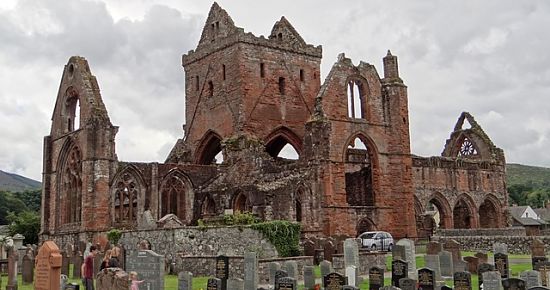Frank Viola contends organic churches are the most natural place for discipleship to occur.
What do you think? Does location matter? Does context matter?
One of the most striking observations I’ve made over the last 21 years is how disciple-making operates in an organic church compared to a more traditional/institutional church. Those who stress the importance of discipleship today take their cue from Jesus’ exhortation to His disciples to “make disciples of all the nations”
(Matt. 28:19).Yet a significant followup question to that commission is rarely asked—namely, how did the 12 make disciples? The answer is telling.
The 12 didn’t set up discipleship classes or programs. They didn’t put one Christian above another in a hierarchical chain of command. They didn’t create accountability groups or unmovable regiments for observing spiritual disciplines. Instead, they planted vibrant Christian communities all across Palestine. Likewise, Paul of Tarsus made disciples by planting Christian communities throughout the gentile world.
To the early believers, Christian community was the only discipleship “program” that existed, and it was sufficient.
My point: The way the 12 made disciples was the same way Jesus madedisciples. To wit, Jesus lived with a group of men and women for three and a half years. During that time, they shared their lives together under the headship of Christ. Jesus, the 12 and some women all experienced authentic community with Jesus as the center of their community life.
In the same way, the men whom Jesus commissioned planted authentic Christian communities all across the world, and within such communities, disciples were naturally made. Those communities were organic rather than institutional.











